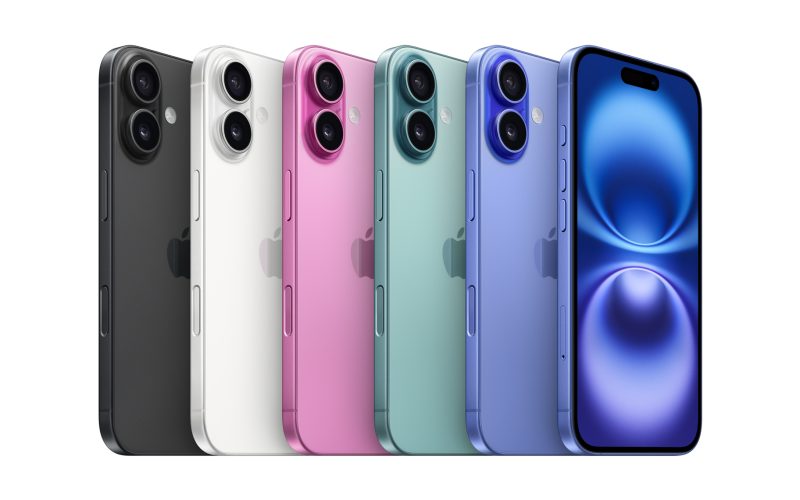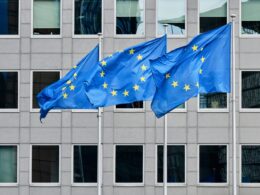Apple remains unable to sell its iPhone 16 in Indonesia despite agreeing to build a US$1 billion production facility, as the company has yet to meet local content requirements, Indonesia’s Industry Minister Agus Gumiwang Kartasasmita said on Wednesday.
Indonesia banned iPhone 16 sales last year after Apple failed to comply with a regulation mandating that at least 35% of smartphone components sold domestically be locally sourced.
The minister confirmed that while Apple plans to open a facility on Batam island next year to produce its Airtag tracking devices, this would not fulfill the local content requirements for iPhones. “There is no basis for the ministry to issue a local content certification… [the facility] has no direct relation to iPhone components,” Agus said.
He emphasised that Apple must engage in further negotiations to secure the necessary certification to sell its flagship phone in Indonesia. “We’ve already sent a counterproposal to Apple,” he added, suggesting sanctions could be considered as a last resort if the tech giant continues to fail to comply.
Agus held meetings this week with Apple’s vice president of global government affairs, Nick Ammann, to discuss the matter.
Since the introduction of domestic content regulations in 2017, competitors such as Samsung and Xiaomi have established local manufacturing operations in Indonesia. Other compliance methods include sourcing materials locally, hiring Indonesian workers, developing apps, and investing in developer academies.
While Apple has operated application developer academies in Indonesia since 2018, it has no local manufacturing facilities. “There’s no deadline for compliance,” Agus noted. “If Apple wants to sell the iPhone 16—or even the iPhone 17—the decision is entirely up to them.”





















